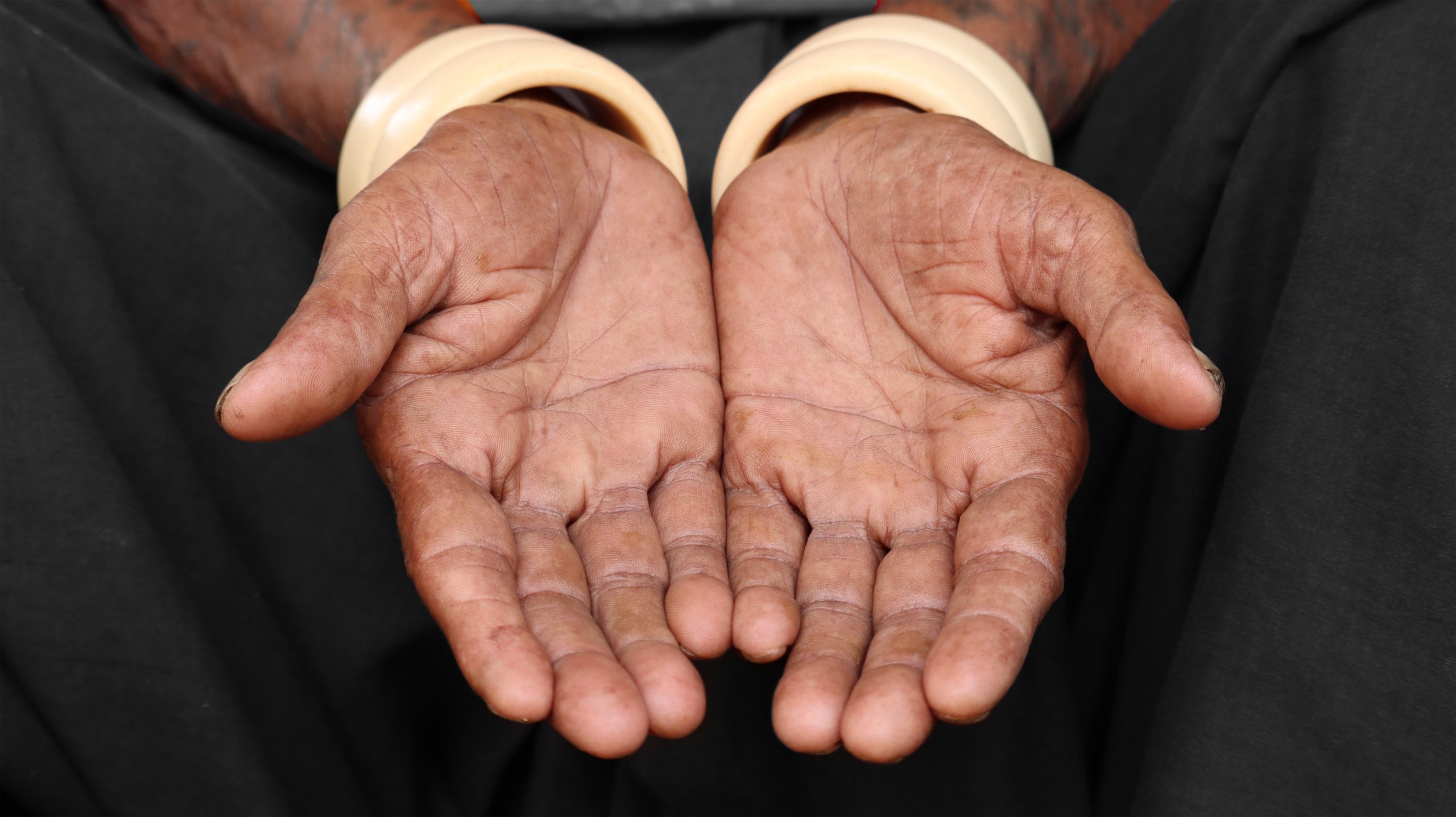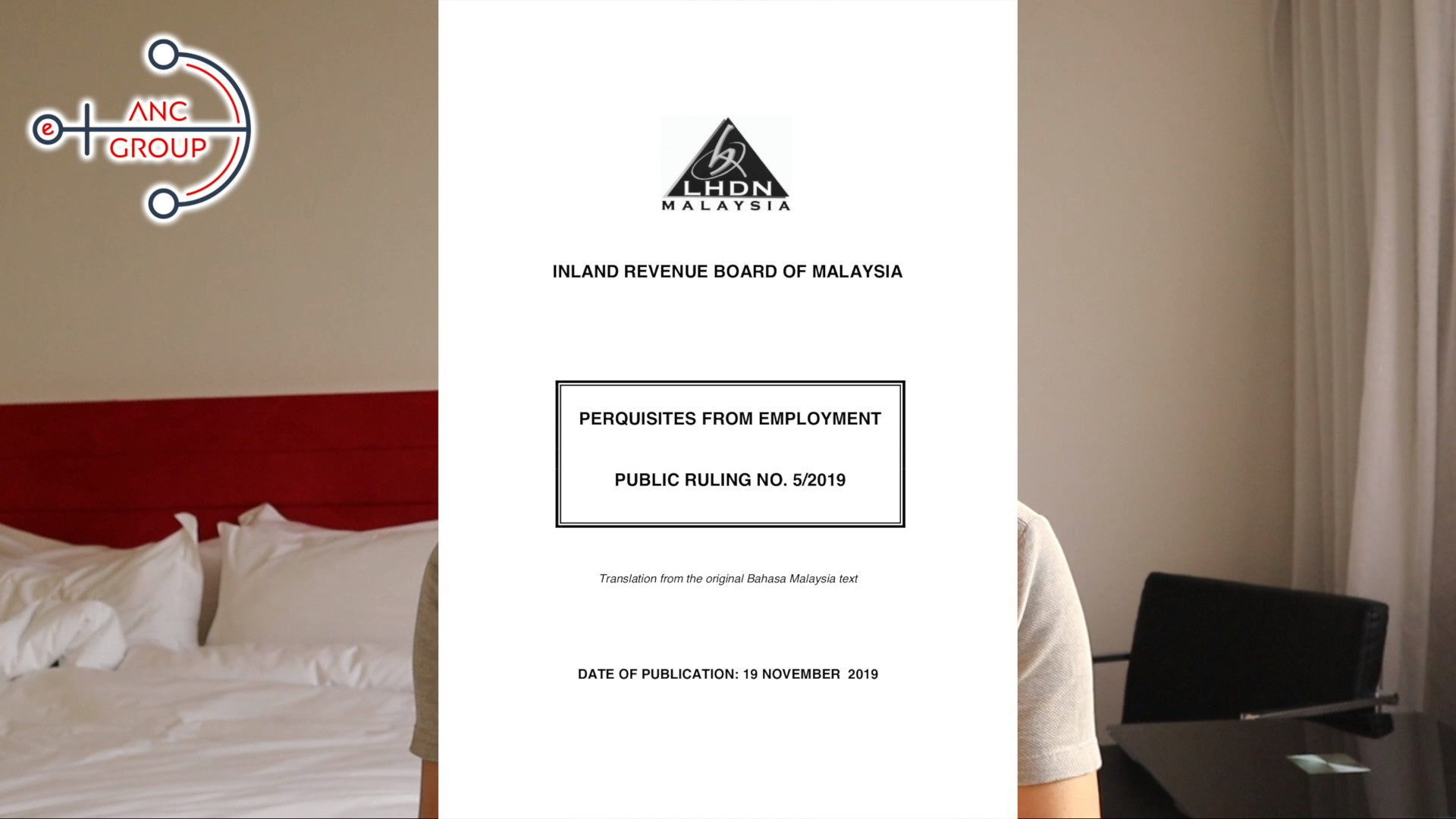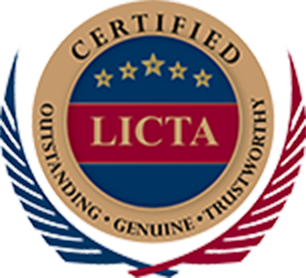[vc_row][vc_column width=”1/2″][vc_video link=”https://youtu.be/-7fXPt4lQNM”][/vc_column][vc_column width=”1/2″][vc_column_text]
What are the Budget Highlights 2020?
[/vc_column_text][vc_column_text]There are certainly many challenges that the Rakyat (people) will face in the days ahead. But with Pakatan Harapan’s second Budget, we hope that the measures introduced by the government will help the country’s economy. Budget 2020 shows a strong commitment towards digital economic expansion while taking into consideration the well-being of the Rakyat. There is also a focus on levelling up human capital, ensuring that equally opportunities are available for the country’s youth and women to excel in the Malaysian business community.
Opportunities abounds in good times and bad but the outcome will depend on our individual and collective effort. Let’s get on with the Budget and hope for the best!
Jad Wang
Associate Partner[/vc_column_text][/vc_column][/vc_row][vc_row][vc_column][vc_column_text]
Changes affecting Employers
- Review of Employment Act
The government will review the Employment Act which includes the following:
(a) Maternity Leave : from 60 to 90 Days
(b) Overtime Eligibility: extend to employees earning RM4,000 - Minimum Wage
Minimum wage rate will increase from RM1,100 to RM1,200 per month in major cities. - Deduction for PTPTN Loan
To encourage more employers to make PTPTN loan repayment on behalf of their employees, the repayment is proposed to be extended for a period of 2 years which is from 1 January 2020 until 31 December 2021.
Changes affecting Individuals
- Review of Individual’s Income Tax Rate
To ensure more progressive income tax structure, it is proposed that chargeable income band exceeding RM2,000,000 be introduced and tax at 30%, instead of 28%. The increase will affect approximately 2,000 top income earners in Malaysia. Most significantly, it will affect non-resident or expatriates’ taxes. A non-resident expatriate earning RM100,000 per year now have to pay RM30,000 instead of RM28,000. It makes satisfying residence status more crucial than ever. Residence tax amount only at approximately RM8,800. Effective Year of Assessment 2020. - Review of Medical Expenses Relief
The income tax relief on medical expenses for serious diseases for self, spouse and child is RM 6,000 is given to taxpayer. The tax relief includes expenses of up to RM 500 for full medical check-up. It is proposed that the medical expenses will cover the cost of fertility treatment. Effective YA 2020. - Tax Relief for Fees Paid to Childcare and Kindergartens
Individual tax relief of RM1,000 in respect of cost incurred for enrolling their child aged up to 6 years in childcare centres or kindergartens registered with Department of Social Welfare or Ministry of Education has been increased to RM 2,000. Effective YA 2020.
Changes affecting Businesses
- Redefinition of SME with new Annual Sales condition
A company or Limited Liability Partnership (LLP) with total contribution of capital up to RM2.5 million and annual sales of not more than RM50 million (new condition) are eligible to be categorised as Small Medium Enterprises (SME) and will enjoy the a preferential tax rate in respect of: 1st RM600,000 Chargeable Income tax at 17%; and remaining chargeable income is taxed at 24%. Effective YA 2020. - Capital allowance on Special Value Assets (SVA)
Capital allowance on SVA of value not exceeding RM 1,300 each has been increased to RM 2,000 each. No limitation for SME in claiming the capital allowance. In respect of non-SME, the claim limit has increased from RM 13,000 to RM 20,000. Effective YA 2020. - Tax Deduction for Tax and Secretarial Fee
The expenses incurred on secretarial and tax filling fees by taxpayer for tax deduction are up to RM 5,000 and RM 10,000 respectively. To enhance the tax compliance and good governance, the secretarial fee and tax filing will be combined and allowed up to RM 15,000 each year of assessment. Effective YA 2020. - Tax Deduction on Cost of Listing in Bursa Malaysia
The expenses incurred for listing of a company in Primary Market (Main Board), Access, Certainty, Efficiency (ACE) Market and Leading Entrepreneur Accelerator Platform (LEAP) Market in Bursa Malaysia is not eligible for tax deduction. In order to encourage SME and technology-based companies to grow their businesses, it is proposed that cost incurred on:-
(a) fees to authorities;
(b) professional fees; and
(c) underwriting, placement and brokerage feestax deduction is eligible up to RM1.5 million. Effective YA 2020 to YA 2022.
Changes affecting Real Properties
- RPGT Calculation
Determination of market value as of 1 January 2000 for real properties acquired before year 2000 is proposed to amend to market value as of 1 January 2013 as the acquisition price for disposal of real properties acquired prior to year 2013 for the purpose of RPGT computation. - Foreign Owned Properties
Threshold for foreign ownership buying high rise properties will be reduced from RM1 million to RM600,000.
Changes affecting Stamp Duty
- Stamp Duty Exemption under Rent to Own (RTO) Scheme
Full stamp duty exemption under RTO Scheme on the instrument of transfer of first residential home priced up to RM 500,000 for the transfer of residential home from housing developer to financial institution which effective when the SPA executed from 1 January 2020 to 31 December 2022 and transfer of residential home from financial institution to buyer (effective for rental agreement executed from 1 January 2020 to 31 December 2022).The financial institution must regulated by Bank Negara Malaysia (BNM) that provides home financing under this RTO scheme. Prior approval must be obtained from BNM and housing developers that provide RTO schemes. Housing developers must be registered with National Housing department, Kementerian Perumahan dan Kerajaan Tempatan. - Transfer of Property by Way of Love and Affection
Stamp duty remission of 50% on the instrument of real property transfer between parents and children and vice versa by way of love and affection for Malaysian citizen and non-citizen has been restricted to Malaysian citizen only and will be effective for instrument of real property transfer executed from 1 January 2020. - Stamp Duty on Foreign Currency Loan Agreement
The maximum amount of stamp duty imposed on each conventional and shariah-compliant loan agreements in foreign currency is increased from RM 500 to RM 2,000. The effective date is for loan agreements executed from 1 January 2020.
[/vc_column_text][/vc_column][/vc_row]









